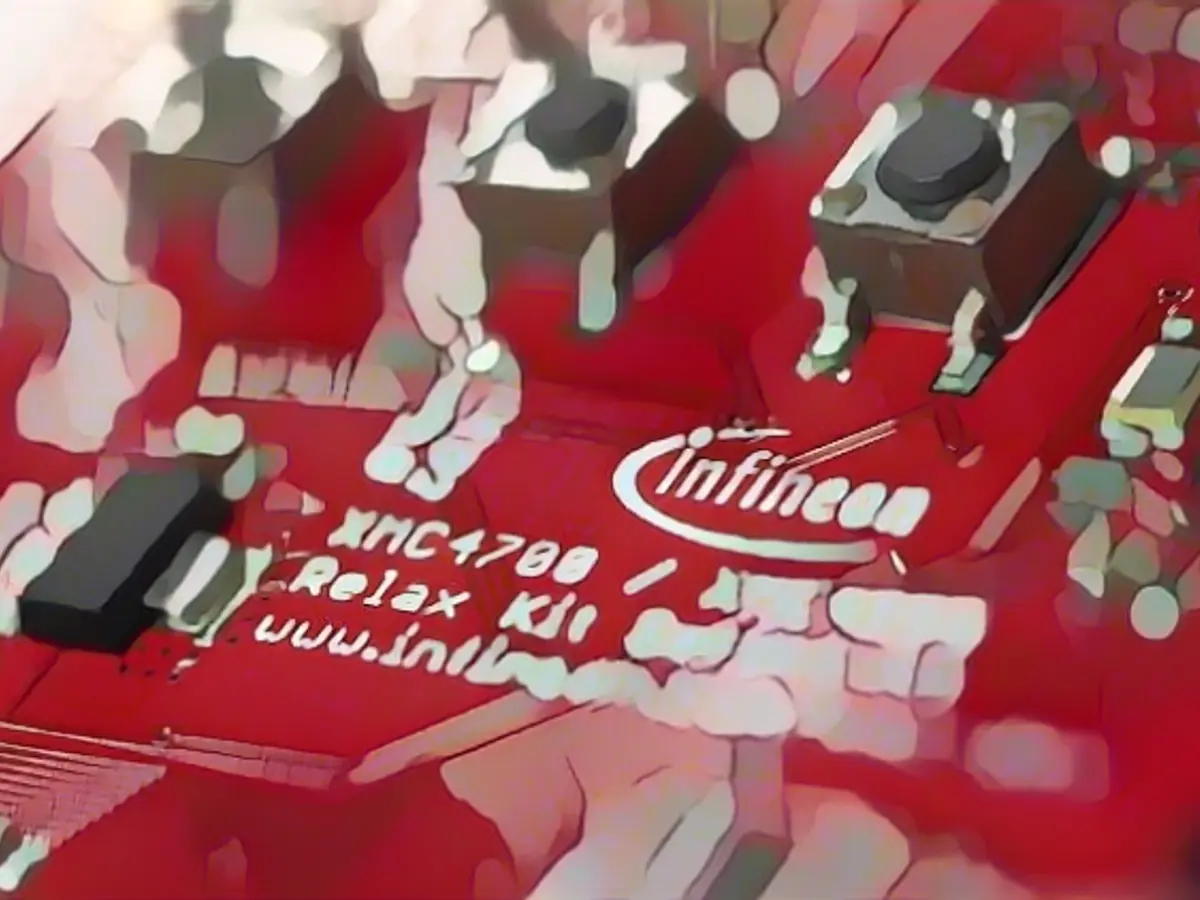Riding the Infineon Wave: Maximizing Returns with Bonus Certificates
Infineon's share price soared lately, reaching a new height of €36.25 from €27.66, a 31% increase within just a month (Dec. 1, 2023 - Nov. 1, 2023). Analysts with positive outlooks predict further potential gains, with price targets reaching €47.50. For investors eager to capitalize on this trend without succumbing to the risks of a correction or stagnation, bonus certificates with a cap could be the perfect alternative.
Investing at the Crossroads: Bonus Certificates and High Yield Opportunities
Bonus certificates with a cap are compelling investment options, offering profitable opportunities even in case of a sideward trend or significant share price decline. The premium to forego unlimited profit potential and dividend payments is compensated by appealing sideways prospects.
How It Works: Bonus Certificates Explained
The success of the bonus certificate hinges on whether the Infineon share stays above the barrier price of €24 at the certificate's valuation date. If it does, investors will redeem the certificate with a bonus amount of €40. With the current share price at €36.25, the certificate can be purchased at a comparatively lower price of €34.17.
The Opportunities: Securing Your Gains
With the current purchase price of €34.17, investors can secure a potential gross return of 17.06% in 13 months if the Infineon share price fails to drop by 33.79% to €24 or below by the valuation date.
The Risks: A Balanced Approach to Investment
However, investing in bonus certificates isn't without its pitfalls. If the Infineon share price touches the barrier at €24 by the valuation date or falls below €34.17, investors face a potential loss.
Bonus Certificates: Balancing Risk and Reward
Bonus certificates offer an appealing blend of risk and reward. They provide investors with partial protection, reducing exposure to market fluctuations. At the same time, the bonus certificate cap limits returns to €40, offering a maximum potential gain.
Enrichment Data Integrated
Investing in a bonus certificate involves managing the risks and rewards by comprehending its features:
Potential Return
- Bonus Level: Investors receive a bonus payment based on the difference between the current price and the bonus level if the share price stays above the barrier and below the bonus level.
- Cap: The cap outlines the maximum payout amount.
- Early Redemption: If the share price reaches the bonus level, investors may redeem the certificate early, securing profits preceding the term's expiration.
Risk
- Barrier Risk: If the price falls below the barrier, investing in the bonus certificate is exposed to full market risk, potentially leading to losses if the share price continues to decline.
- Cap Risk: The existence of a cap limits potential returns to the maximum payout amount.
- Issuer Risk: There's a chance of financial instability from the issuer, posing a threat to the invested capital.
Comparison to Buying Shares Directly
- Risk Management: Bonus certificates provide limited risk reduction compared to investing in shares directly, with the added bonus of a cap on returns.
- Return Profile: Directly buying shares hold the potential for unlimited returns if the stock price rises considerably or incurs significant losses if it falls.
- Liquidity and Flexibility: Bonus certificates offer the opportunity for early redemption if the share price reaches the bonus level, not common in shares directly purchased.
In conclusion, investing in a bonus certificate share with Infineon provides a structured return profile containing limited capital protection up to the barrier, along with a cap on potential returns. This strategy caters to investors who desire risk management and accept limited upside potential. In contrast, buying shares directly entails the potential for unlimited returns but exposes investors to full market risk, deciding the investment approach relies on one's risk tolerance and investment goals.
Source:








